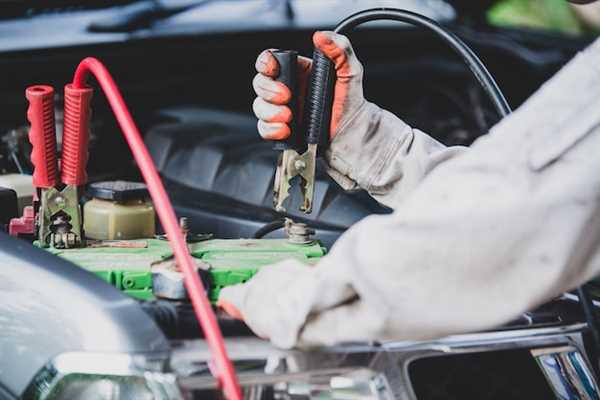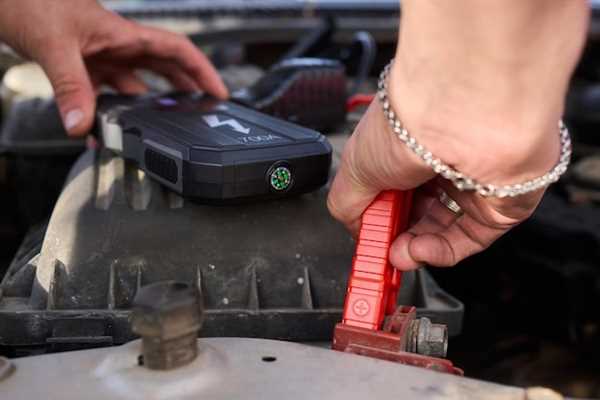
Check if any accessory is left turned on, as this is a common oversight. Leaving interior lights, radio, or other components on can quickly consume stored energy, leading to failure the next day.
Evaluate connections and terminals for corrosion or looseness. A poor electrical connection can impede the flow of power, causing inefficiency in charging and eventually leading to an empty state.
Inspect the age of the energy source. A unit older than three to five years may not hold a charge effectively, and a replacement could be necessary to ensure reliability.
Examine the alternator’s performance. If the electrical generator isn’t functioning well, it may struggle to replenish power, leaving the storage unit depleted after a night of inactivity.
Monitor for any unusual electrical drains, such as phantom loads. Even small parasitic drains can accumulate and cause significant depletion to the charge over time.
Common Electrical Issues Leading to Battery Drain
Check for parasitic draws caused by faulty components such as lights or an aftermarket alarm system. These can continuously drain power even when the ignition is off.
Verify the integrity of the alternator; a malfunctioning alternator may not charge the system effectively, leading to depletion.
Inspect wiring connections for corrosion or fraying. Damaged wiring can create shorts or unintended connections, resulting in excessive power loss.
Test the health of fuses; blown or partially blown fuses can disrupt proper voltage flow, affecting the overall electrical functionality.
Review all installed accessories for compatibility and power draw; improperly configured devices can lead to significant energy usage.
Monitor the vehicle’s onboard computer systems. Faulty sensors or modules may remain active and consume power even when the engine is off.
Regularly check the integrity of the ground connection. A poor ground can create numerous electrical issues, potentially draining energy.
How Temperature Affects Your Car Battery Performance

Extreme weather conditions can severely impact the functionality of a storage device. In cold weather, the chemical reactions necessary for producing electricity slow down. This reduces the overall power output, potentially leading to starts issues. If temperatures drop below 32°F (0°C), a fully charged storage unit may only deliver about 60% of its normal power.
High temperatures also present significant challenges. Heat accelerates the rate of evaporation of the electrolyte, causing potential damage. Prolonged exposure to elevated temperatures can lead to corrosion of internal components, which may shorten lifespan and create reliability problems.
To mitigate temperature-related issues, consider installing thermal insulation around the compartment. Regular maintenance checks and testing can help identify any performance dips early on. Additionally, maintaining a full charge can enhance resiliency against temperature fluctuations.
Signs of a Failing Battery You Shouldn’t Ignore

If you notice dimming lights when starting your vehicle, this is an immediate warning sign of an electrical issue. Take it seriously.
Listen for clicking sounds from the starter; this might indicate insufficient power being supplied, often due to a weakened energy source.
Check for corrosion around terminals, which signifies possible leakage or a failing connection affecting performance.
Monitor how quickly the engine turns over. A slow crank can signal that energy levels are dropping, suggesting the need for replacement.
Be wary of dashboard warning lights related to electrical systems. Ignoring these indications can lead to more severe consequences.
A persistent smell of sulfur or rotten eggs could hint at a leaking electrolyte, which is a serious safety concern.
Lastly, if your vehicle requires frequent jump starts, this is a clear indication of diminishing capacity that should not be overlooked.
